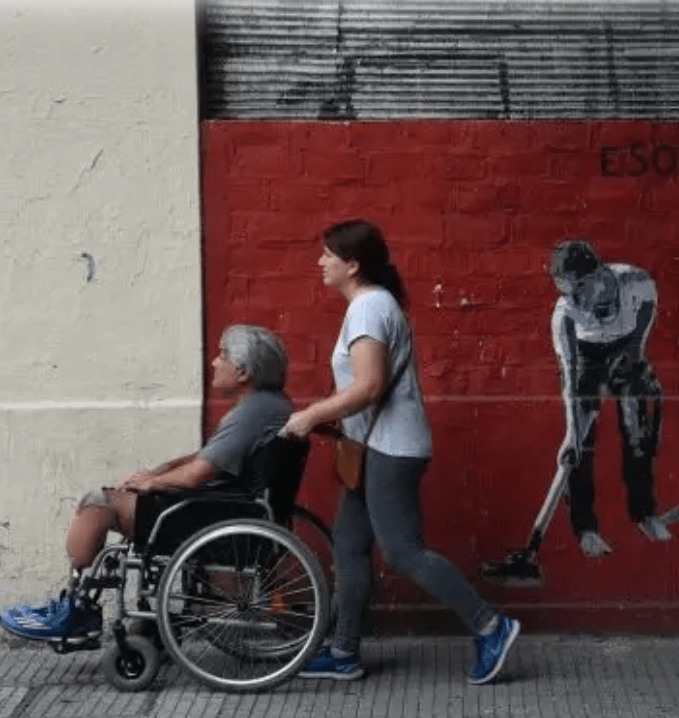
Given the significant influence of the care economy, it is crucial that Latin American governments implement care policies to combat inequality, ensure a high quality of life and reduce poverty through development.
By Claudiana Guedes de Jesús (lationamerica21)
HAVANA TIMES – The care economy comprises essential life activities. Care economy services are largely carried out by women who are often unpaid, are not afforded labor rights and protections, and are in precarious and vulnerable situations. However, the care economy is vitally important and can help reverse social and gender inequalities in combination with economic development. The presence of the state, through government actions and public policy, can serve as a basis for improving the conditions of care economy workers. The International Labor Organization (ILO) and the Economic Commission for Latin America and the Caribbean (ECLAC) have shed light on the care economy as central to the design and conduct of socioeconomic policies in the post-pandemic recovery agenda for Latin America and the Caribbean.
The COVID-19 pandemic highlighted the vital importance of the care economy to Latin American economic development and well-being. The Economic Commission for Latin America and the Caribbean (ECLAC) defines the care economy as, “all activities that ensure the social reproduction and maintenance of human life in an adequate environment, the care economy protects the dignity of people and the integrity of their bodies, promotes education and training, supports psychological and emotional well-being, and maintains social ties” (ECLAC, 2022). Further, as articulated by the International Labor Organization (ILO), care work, both paid and unpaid, involves direct activities, including feeding babies or caring for the elders, and indirect activities, such as cleaning or cooking (ILO, 2018). Despite their vital importance, care economy workers suffer from social invisibility: the low social value ascribed to their work belies their central role in the socioeconomic development system. These activities, in general, are taken for granted, and not included meaningfully in the discussion of public policies, especially economic policies.
In 2015, around 2.1 billion people (1.9 billion children under 15 years of age and 0.2 billion elderly people) required care services. The International Labor Organization (ILO) estimates that this number will increase to 2.3 billion people by 2030, due to the growing number of children, elderly people, and people with disa


